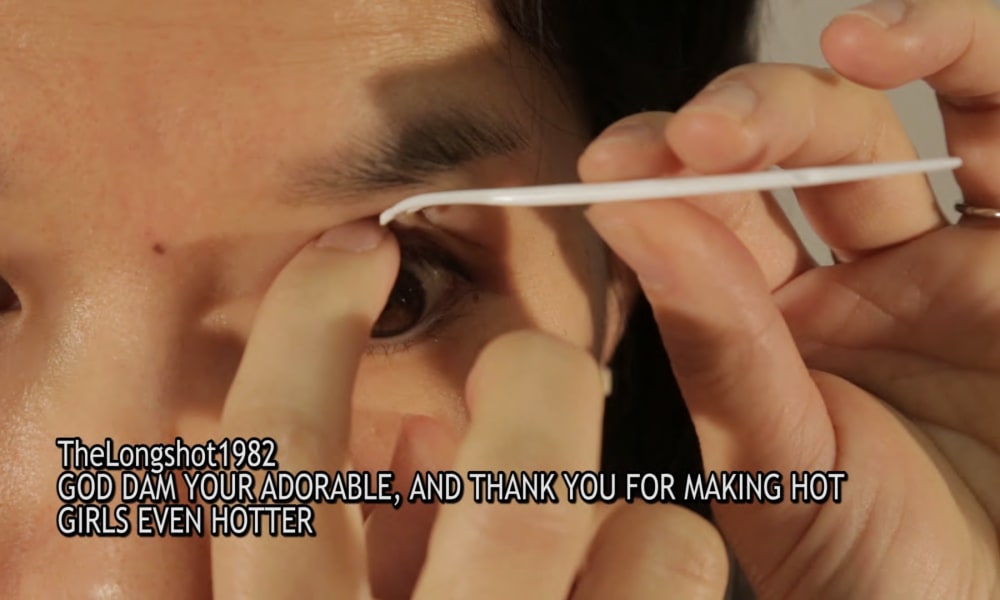About On Beauty
Modern Beauty Ideals in the Age of Digital Technology is an interdisciplinary research based project that employs photography, 2D, sculpture, video, internet art, and social intervention to engage hetero-patriarchal global beauty ideals and accompanying digital technology from a transnational feminist perspective. I challenge global beauty practices and push for rethinking universal beauty standards, specifically how they are framed within feminist, geopolitical, and post-colonial discourses.
The first chapter explored my identity as a member of the Korean Diaspora in relationship to the South Korean nation’s ostensible fixation with beauty and cosmetic procedures. As South Korea is the country with the fastest internet connection in the world, I have been examining what kind of impact digital technology, specifically the internet, has on such practices. My critical investigation of this extreme make-over of an entire nation (and Asian continent) is at once a visual anthropological presentation and an expressive contemplation of personal history. South Korea represents a microcosmos in respect to the ways that women’s bodies worldwide are consumed and controlled. In the same way that male artists gaze at and draw and photograph female models, male surgeons re-shape and re-draw female bodies. I focus on the pervasive popularity of plastic surgery among the affluent and the growing majority middle class and how it is publicly played out online and in the press. The number of articles in the international media critical of this phenomenon has drastically increased with recent contributions from The New York Times, the Wall Street Journal, Guardian, and the Süddeutsche Zeitung peaking an all time high. There is also certainly evidence of a substantial number of surgeries in the Diasporic population, but the recent criticism is directed abundantly towards South Korea as the Asian capital of cosmetic surgery, as opposed to also analysing the high number of procedures done in the United States, Brazil, Japan, and Mexico. Are the sought after cosmetic modifications really in pursuit of a Western or Caucasian beauty ideal, like the Western media asserts? Does an authentic universal standard of beauty actually exist and if so, is it based on the Greek divine or gold proportion? Or is it all just racist White supremacist nonsense, which is a continuation of Western Empire cultural dominance? How are women disproportionally affected in this equation?
According to scholar Elizabeth Haiken, author of Venus Envy: A History of Cosmetic Surgery, surgical procedures for women have become normalized as a means of economic advancement (a.k.a. marrying up and job procurement/security) all over the world. Is the pervasiveness of cosmetic surgery for non-Western countries like South Korea an embracement of a transnational and modern scientific triumph that reaches for futuristic perfectionism? Or is it a technological disfigurement, with roots in a sexist present and colonized past, tantamount to self-internalized racism and a kind of self-cleansing of an ethnic appearance?
With the growing popularity of Hallyu (the South Korean media wave), through dramas, films, and music, a new beauty ideal has been born and since has spread in Asia and beyond. The American Dream is replaced by the Korean Dream, which through cosmetic surgery becomes reachable. Like scholar and University of Hawaii Professor, Heijin Lee, author of The (Geo)Politics of Beauty: Race, Transnationalism, and Neoliberalism in South Korean Beauty Culture, I am determined to debunk the omnipresent mythology that this cosmetic surgery phenomenon in Asia is purely an attempt to erase the Korean ethnicity/Asian race, instead arguing that it is a transnational cultural occurrence which is tied to US and Japanese colonialism, but not determined by it.










